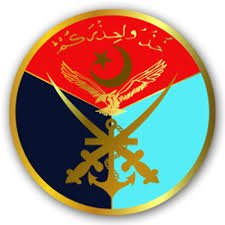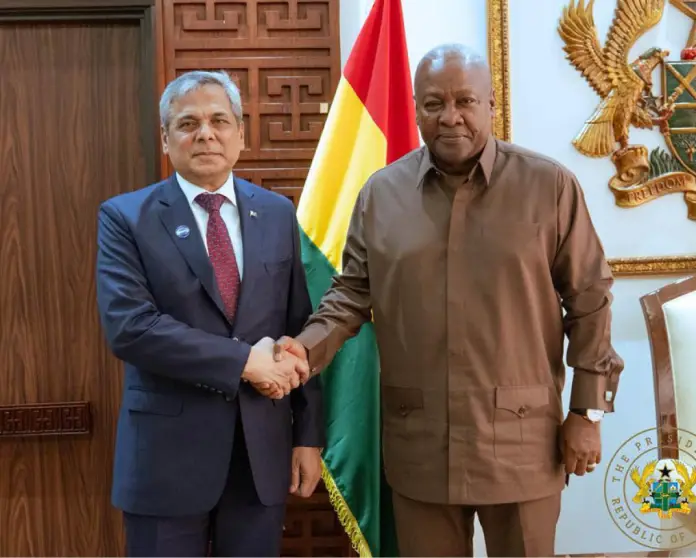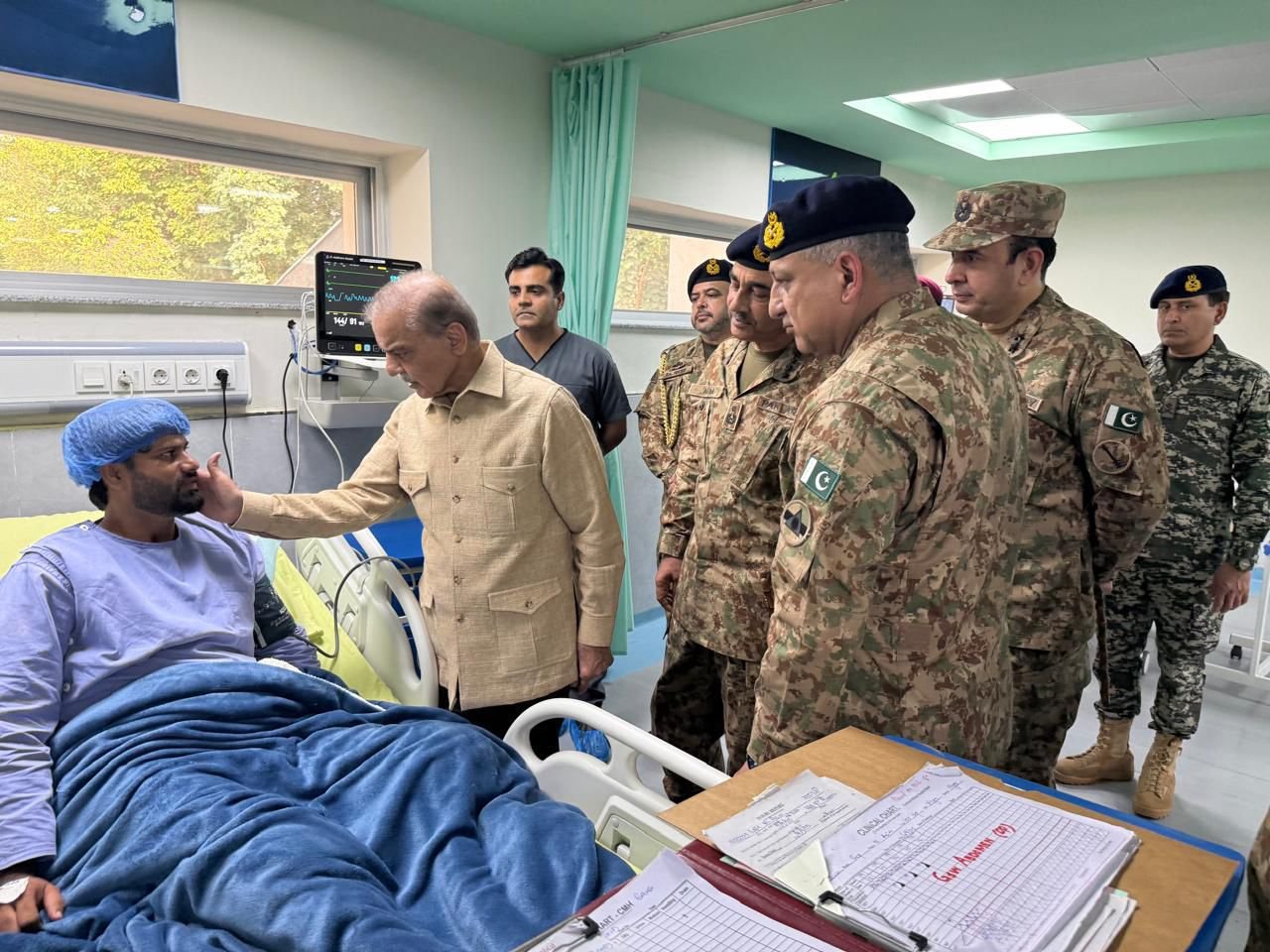
If the nurseries of democracy are uprooted time and again, the tree will never bear shade.”
Once hailed as a model province for effective local governance in Pakistan, Khyber Pakhtunkhwa now finds itself entangled in a web of uncertainty. The same province that once led the way in empowering grassroots democracy is today standing at a troubling crossroads.
According to the latest developments, the provincial government appears unwilling to grant an extension to the current local bodies.
Yes — “No Extension!”
This revelation has struck like a thunderclap. And it doesn’t end there. Sources suggest that there is a strong possibility that the existing local government system could be rolled back by December 2025. Should this happen, it would deliver a significant blow to democratic continuity and undermine public representation at the grassroots level.
Powerless Representatives, Ineffective System
For the past three to four years, elected local representatives in Khyber Pakhtunkhwa have been operating in a state of sheer powerlessness. After elections were held and oaths taken, neither were functional powers transferred nor were development funds released. These representatives were left to perform symbolic roles — limited to hearing public grievances without any real administrative authority.
Development funds were either withheld or remained under the control of provincial ministers and bureaucrats. The result? Broken roads, contaminated water supplies, poor sanitation, and mounting civic issues — with no one accountable to the people.
A Timeline of Powerlessness
The stagnation of Khyber Pakhtunkhwa’s local governments can be summed up in the following timeline:
Period Status
December 2021 First phase of local government elections completed
March 2022 Second phase concluded, representatives elected
2022 – 2023 Oaths taken, but no transfer of powers or budget
2023 – 2024 Representatives active but powerless; control remained with bureaucracy
2025 (Current) Extension unlikely; rollback expected by December
Are We Back at Square One?
The Constitution of Pakistan, particularly Article 140-A, guarantees protection for local governments. Yet, the on-ground reality is starkly different. The local government system is repeatedly introduced and then abruptly dismantled. Elected representatives are sent home without being empowered — a clear indication that local governance is not being taken seriously.
This trend poses a constitutional, political, and administrative threat. The pressing question now is: if these local bodies are dissolved, what alternative governance model will serve the people? Can a bureaucratic caretaker setup effectively address public issues? And above all, can such blatant violations of constitutional obligations continue unchecked?
The Way Forward
If the provincial government truly values democratic continuity, it must:
Grant full constitutional and legal powers to local governments
Ensure direct transfer of development funds to local bodies
Refrain from unwarranted interference in the tenure of current representatives
Announce a transparent and timely schedule for upcoming local elections
Local governments are not just responsible for cleaning streets and fixing drains — they are vital instruments of public empowerment, local development, and grassroots democracy. If they continue to be undermined, democracy will wither, and public trust will erode beyond repair.
In Conclusion:
Khyber Pakhtunkhwa once again seems headed into the political wilderness of suspended local governance. One can only hope this time there’s still an opportunity to reverse course — before the system disappears entirely.








